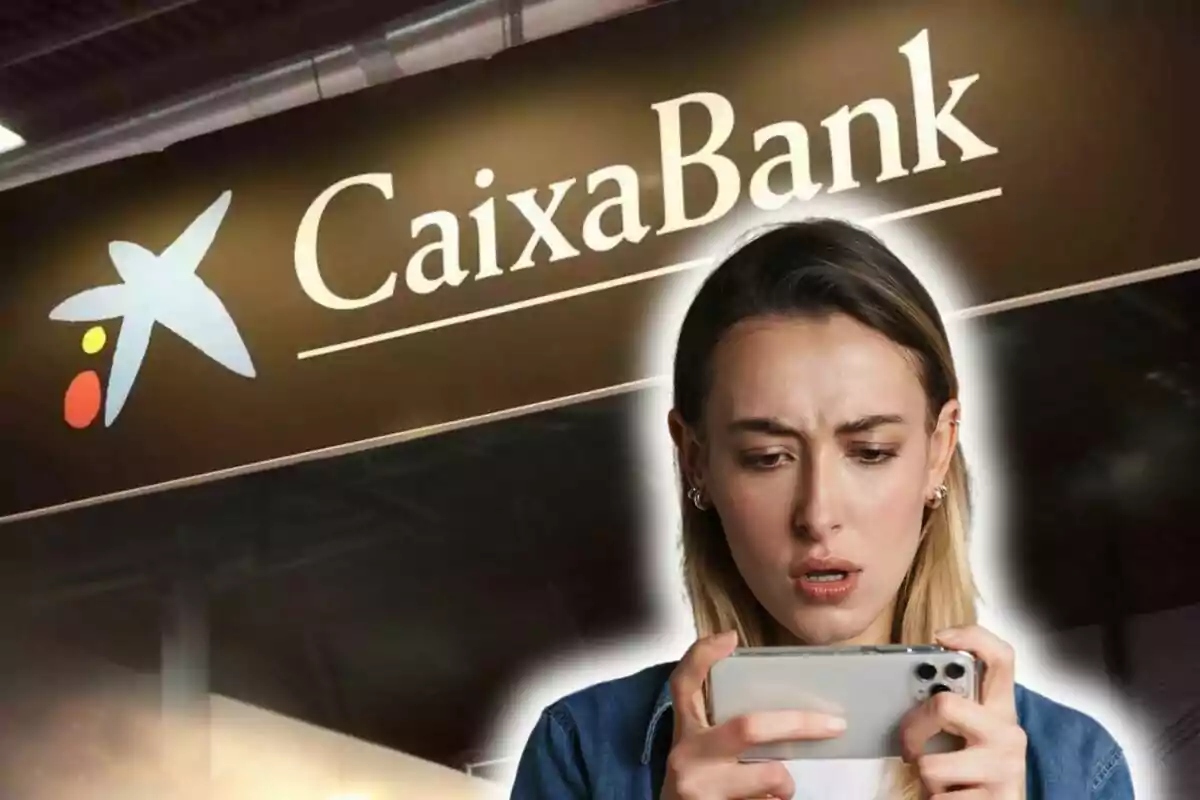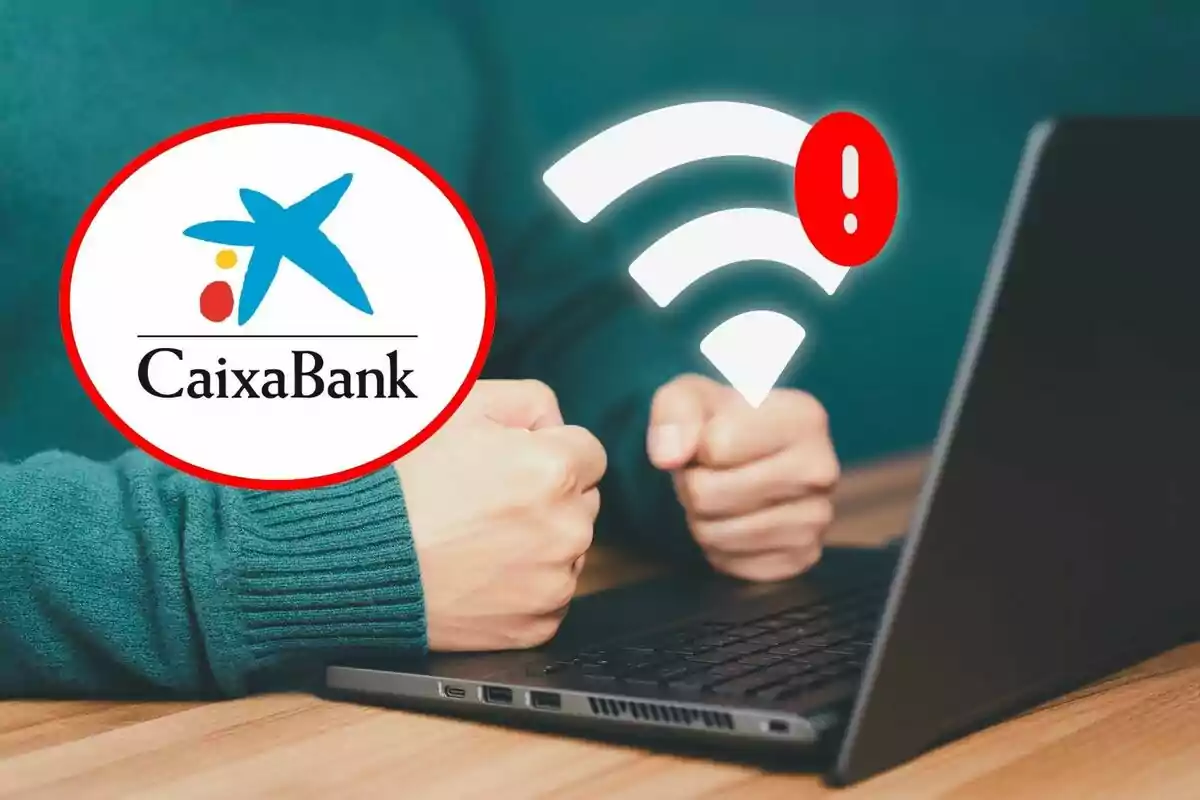
Important announcement from CaixaBank to these clients: be very careful, you could lose everything
This is how you can protect your savings with CaixaBank following the rise in phantom investment scams
CaixaBank has issued an urgent statement addressed to all its customers. The bank has warned about a growing type of fraud known as "ghost investments."
This type of scam takes advantage of users' interest in financial products that promise high returns. Especially in assets like cryptocurrencies. The cybercriminals behind these scams use sophisticated tactics to deceive their victims and steal their savings.

CaixaBank detects new ghost investment scams
In recent months, CaixaBank has observed an increase in scam attempts that seek to attract its customers through false investment opportunities. The criminals pose as brokers or financial managers, contacting potential victims through calls or messages. They offer investments in supposedly lucrative products or assets, convincing users to deposit money into accounts controlled by them.
How ghost investment scams operate
The modus operandi of these scams is meticulous. Initially, the scammers capture the victim's attention with promises of high returns in a short period. They request an initial investment, usually a modest amount that must be deposited into a specific bank account.
Once the first transfer is made, the scammers provide a username and password. Thus, the victim can follow the supposed progress of their investment through a mobile app or a fake website.

As time goes on, the scammers manipulate the figures to show that the investment has grown, doubling or tripling the original amount in a matter of weeks. This fictitious increase serves as bait to convince the victim to make additional investments.
In some cases, the criminals even offer to manage the transfers. Then, they request online banking access data or ask for a remote control program to be installed to "facilitate" the operations.
When the victim decides to withdraw their earnings or increase their investment, that's when the scammers disappear. They invent excuses like tax payments or fees for services rendered, requesting a new transfer. After receiving this last disbursement, they cut off all communication and disappear with all the money accumulated since the first investment.

CaixaBank's recommendations to protect against fraud
CaixaBank urges its customers to remain vigilant and follow these recommendations to avoid falling for this type of scam. Always verify the authenticity of communications.
Never respond to messages or calls requesting personal or financial information. Always use the bank's official channels for any inquiries and don't provide passwords, PINs, or access data to your online banking.
Be wary of offers that are too good to be true. If an investment offer promises extraordinary returns in a short time, it is likely a scam. If in doubt, contact your branch directly or through the bank's official channels to verify the legitimacy of the offers.
More posts: